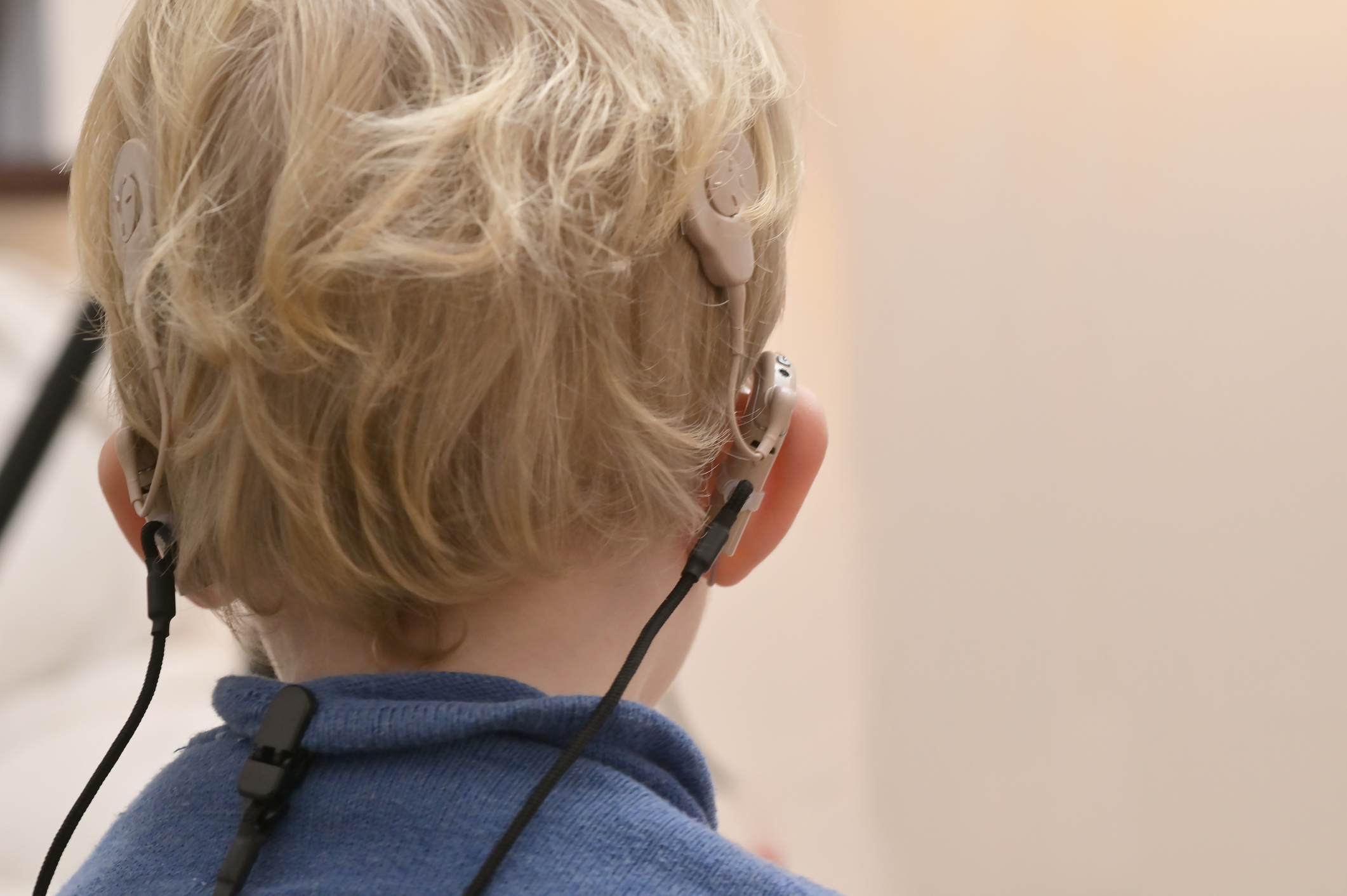Let me introduce you to Noli. Aged 19, like thousands of other young people she’s thriving as a young adult, currently studying at university and looking forward to a bright future, maybe including a career in the law once she graduates.
Yet her opportunities in life could easily have been very different. After recovering from meningitis at 18 months old, it was found that the condition had affected her hearing, and she was diagnosed as deaf just before her second birthday.
Even in the UK today, in 2023, it’s sadly still the case that deaf children are more at risk of social exclusion, bullying and poorer educational outcomes compared to their hearing friends. So what was it that made the crucial difference for Noli? Early and effective support.
Noli’s family wanted her to be able to learn to talk and do all that her hearing friends could do. They had access to Auditory Verbal (AV) therapy which is a specialist approach to developing spoken language through listening for deaf children. It supports them in processing the sound they get from their hearing technology, including cochlear implants (which I also have!) and hearing aids, to develop spoken language so they can learn to listen and talk like their hearing friends.


It has enabled Noli and thousands more deaf children to have an equal start at school and life. But currently only 10 per cent of deaf children in the UK who could benefit from Auditory Verbal therapy can access it. This isn’t good enough. All deaf children, whose families want them to learn to listen and talk, should be able to access Auditory Verbal therapy through publicly funded services close to where they live.
Research by the charity Auditory Verbal UK, which is backed up by international evidence, shows that 80 per cent of deaf children who attend an Auditory Verbal programme for at least two years achieve the same level of spoken language as their hearing peers, rising to 97 per cent of children without additional needs. Most of these children attend mainstream schools and are attaining educational outcomes on a par with hearing children.
Increasing access to AV therapy would also be a shrewd economic move. Economic analysis based on the Treasury’s own model demonstrates that for just over £2 million a year for the next decade we can train a small proportion of the current public sector workforce of speech and language therapists, teachers of the deaf and audiologists to embed 300 specialist Auditory Verbal Therapists in the NHS and local services to increase the provision of Auditory Verbal therapy and deliver an economic benefit of £152 million over 10 years and £11.7 billion over 50 years.
This is why ahead of a debate in parliament tomorrow on this very issue, the government needs to act, and act soon to ensure access to early and effective support is available.
My call to this government is clear. A small investment today will deliver lifelong benefits for deaf children and their families. It can seem these days that it takes so long to deliver lasting change in politics, and this is often true. But you can make the difference – please make 2024 the year that you commit to taking this cost-effective step that can help children’s lives for years to come.












